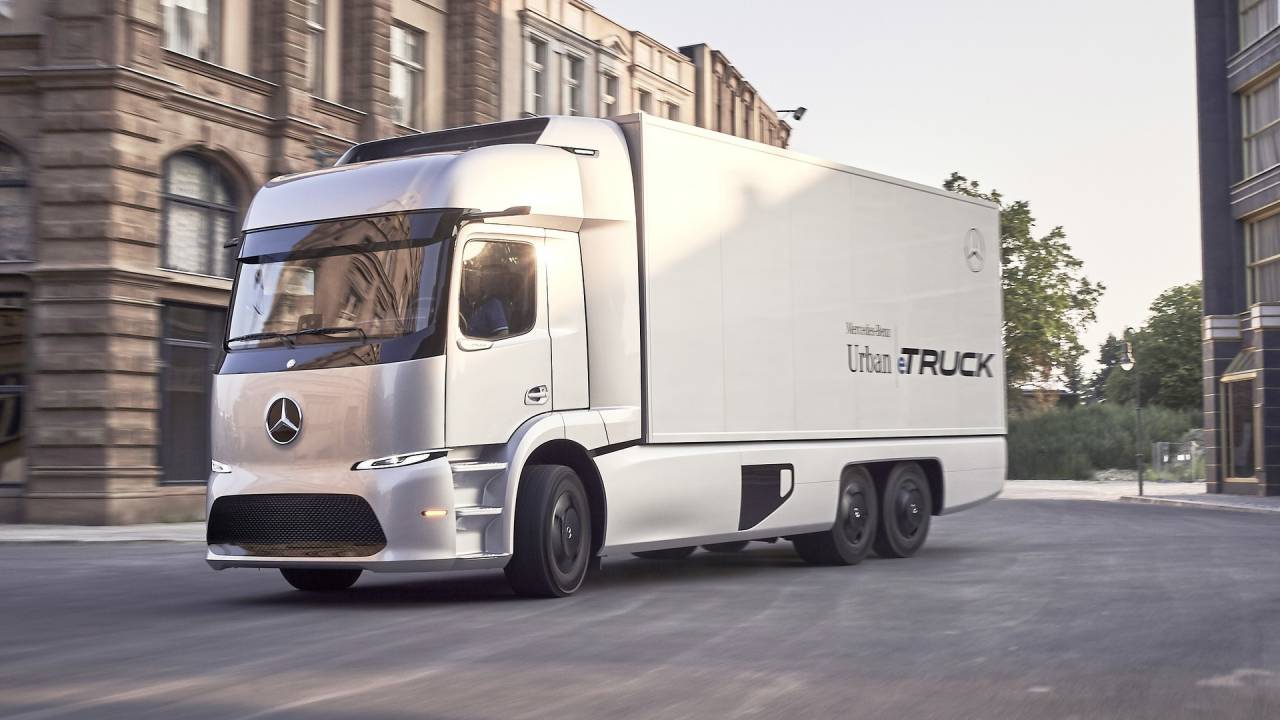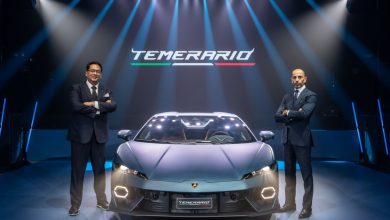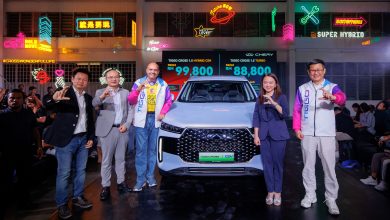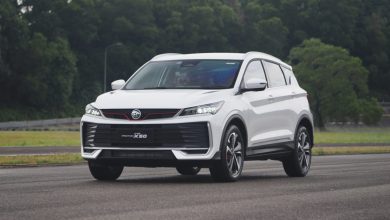Fuel Cell Technology Coming From Daimler and Volvo Trucks

Fuel cell technology as an alternative to batteries as an energy source for electric vehicles has recently caught up considerably. Now two big players in the market for heavy trucks have taken a leap forward: Daimler Truck AG and the Volvo Group have launched a joint venture for the production of fuel cells. This means that it is no longer just a question of developing the technology, but of manufacturing it in large quantities at lower cost than in small series.
The companies have signed a preliminary, non-binding agreement to establish a joint venture. The aim is to develop, produce and market fuel cell systems ready for series production for use in heavy commercial vehicles and other fields of application. Daimler will combine all its current fuel cell activities in the joint venture. Volvo will acquire 50 percent of the joint venture for the sum of approximately 600 million euros.

“Transport and logistics keep the world running, while at the same time the need for transport continues to grow. Truly CO2-neutral transport will only be achieved by an electric drive train, whereby the energy can come from two sources: either from batteries or by converting hydrogen into electricity on board the vehicle. Fuel cells are a crucial solution for trucks used in heavy-duty long-distance haulage – a technology in which Daimler has already built up considerable expertise over the last two decades with Mercedes-Benz Fuel Cell GmbH.
The partnership with the Volvo Group is a milestone in bringing fuel-cell-powered trucks and buses to our roads,” said Martin Daum, Chairman of the Board of Management of Daimler Truck AG and Member of the Board of Management of Daimler AG.
“The electrification of road freight transport is a key element for the implementation of the so-called Green Deal, for a CO2-neutral Europe and ultimately for a CO2-neutral world. The use of hydrogen as a carrier of green electricity to power electric trucks in long-distance transport is an excellent complement to battery electric vehicles and renewable fuels.
The experience of both companies in this field will accelerate the development. With the establishment of this joint venture, we are clearly demonstrating that we believe in hydrogen-powered fuel cells for commercial vehicles. However, for this vision to become reality, other companies and institutions must also support this development, not least to build the necessary fuel infrastructure,” says Martin Lundstedt, President and CEO of Volvo Group.
The joint venture is to operate as an independent and autonomous entity. In addition, the two partners will remain competitors in all other business areas. By joining forces, the development costs for both companies are to be reduced and the market launch of fuel cell systems in products for heavy transport and demanding long-distance applications accelerated.
The aim of the company is to offer heavy fuel cell commercial vehicles for heavy long-distance haulage in series production in the second half of the decade. In addition, the joint venture also intends to address other applications, such as off-road vehicles. The joint venture includes locations in Nabern/Germany (currently headquarters of Mercedes- Benz Fuel Cell GmbH) as well as additional production facilities in Germany and Canada. The signed agreement is considered provisional and therefore not binding. A final agreement is expected by the third quarter and is to be concluded before the end of 2020.




